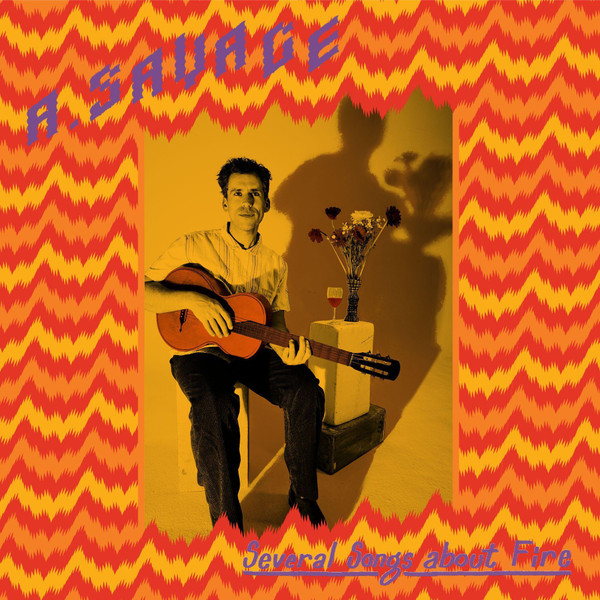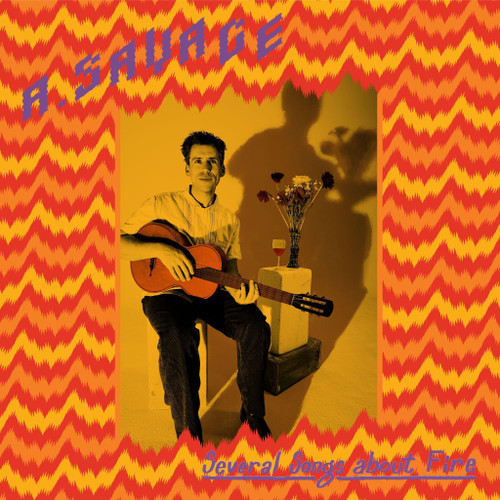Product Overview
A. Savage - Several Songs About Fire (CD) “I imagine myself playing these songs in a small club that is slowly burning,” says A. Savage of his second solo record, ‘Several Songs About Fire’.
After more than a decade in New York, the co-frontman of Parquet Courts has left the city, marking his exit with a masterpiece of maturity and a worthy corollary to his first solo venture, 2017’s ‘Thawing Dawn’. “Fire is something you have to escape from. This album is a burning building, and these songs are things I’d leave behind to save myself.”
Produced by John Parish on a 1” 16-track in just ten days in Bristol, and studded by the support of Cate Le Bon and Jack Cooper (Modern Nature, Ultimate Painting), as well as saxophonist Euan Hinshelwood (Cate Le Bon), drummer Dylan Hadley (Kamikaze Palm Tree, White Fence), and violinist Magdalena McLean (Caroline), Savage’s outsize gifts as a lyricist and observer - a quality Parish calls “an emotional openness guarded by a laconic wit” - shine.
Worrying questions of wealth and poverty, self and other, Savage displays the poet’s gift of knowing when to narrate and when to vanish, leaving the listener to their own emotional privacy rather than instructing them how to feel.
After more than a decade in New York, the co-frontman of Parquet Courts has left the city, marking his exit with a masterpiece of maturity and a worthy corollary to his first solo venture, 2017’s ‘Thawing Dawn’. “Fire is something you have to escape from. This album is a burning building, and these songs are things I’d leave behind to save myself.”
Produced by John Parish on a 1” 16-track in just ten days in Bristol, and studded by the support of Cate Le Bon and Jack Cooper (Modern Nature, Ultimate Painting), as well as saxophonist Euan Hinshelwood (Cate Le Bon), drummer Dylan Hadley (Kamikaze Palm Tree, White Fence), and violinist Magdalena McLean (Caroline), Savage’s outsize gifts as a lyricist and observer - a quality Parish calls “an emotional openness guarded by a laconic wit” - shine.
Worrying questions of wealth and poverty, self and other, Savage displays the poet’s gift of knowing when to narrate and when to vanish, leaving the listener to their own emotional privacy rather than instructing them how to feel.






